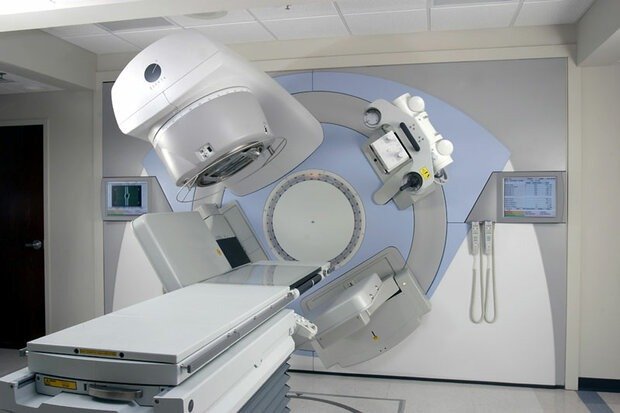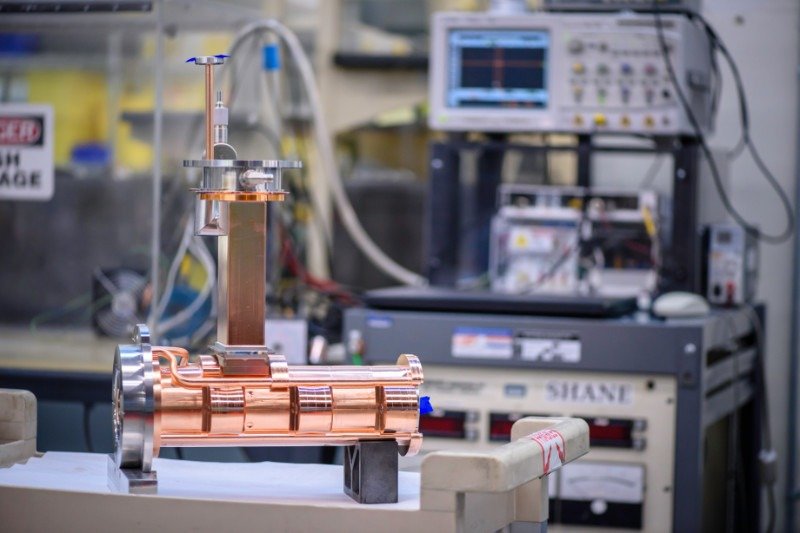Types of Linear Accelerators (Linacs)
Explore the world of linear accelerators, devices that accelerate charged particles to high speeds. Learn about their applications in medical therapies, industrial processes, and scientific research. Discover different types of linacs such as Varian TrueBeam, Eletta Versa HD, and SLAC National Accelerator Laboratory, and understand their roles in radiation therapy, non-destructive testing, and particle physics.
Medical Linear Accelerators
Medical linacs are primarily used in radiation therapy for cancer treatment. These machines generate high-energy X-rays or electrons that target and destroy cancer cells while sparing surrounding healthy tissue. Some well-known types of medical linacs include:
- Varian TrueBeam: Known for its precision and efficiency in delivering radiation therapy.
- Eletta Versa HD: Offers advanced imaging and treatment capabilities.
- Siemens Artiste: Integrates imaging and treatment for accurate cancer therapy.


Industrial Linear Accelerators
Industrial linacs are used in non-destructive testing, sterilization, and material modification. These linacs produce high-energy beams that can penetrate materials and provide detailed images or alter material properties. Key types include:
- Electron Beam Linacs: Used for sterilizing medical equipment and food packaging.
- Photon Beam Linacs: Applied in material testing and security scanning.
- Proton Beam Linacs: Employed in advanced material research and production.
Scientific Research Linear Accelerators
Research linacs are crucial in particle physics and other scientific investigations. They accelerate particles to nearly the speed of light, enabling scientists to study fundamental particles and forces. Prominent examples are:
- SLAC National Accelerator Laboratory: A pioneer in high-energy particle physics research.
- CERN Linear Accelerator (Linac 4): Supports experiments at the Large Hadron Collider.
- DESY Linac: Facilitates studies in particle physics and synchrotron radiation.

Conclusion
Linear accelerators, commonly known as linacs, are devices used to accelerate charged particles to high speeds. These devices find applications in various fields, including medical therapies, scientific research, and industrial processes.
Linear accelerators play a vital role across various domains, from medical treatments to industrial applications and cutting-edge scientific research. Understanding the different types of linacs and their specific uses helps appreciate their significance in advancing technology and improving lives.
